Therapy Sessions Last Year
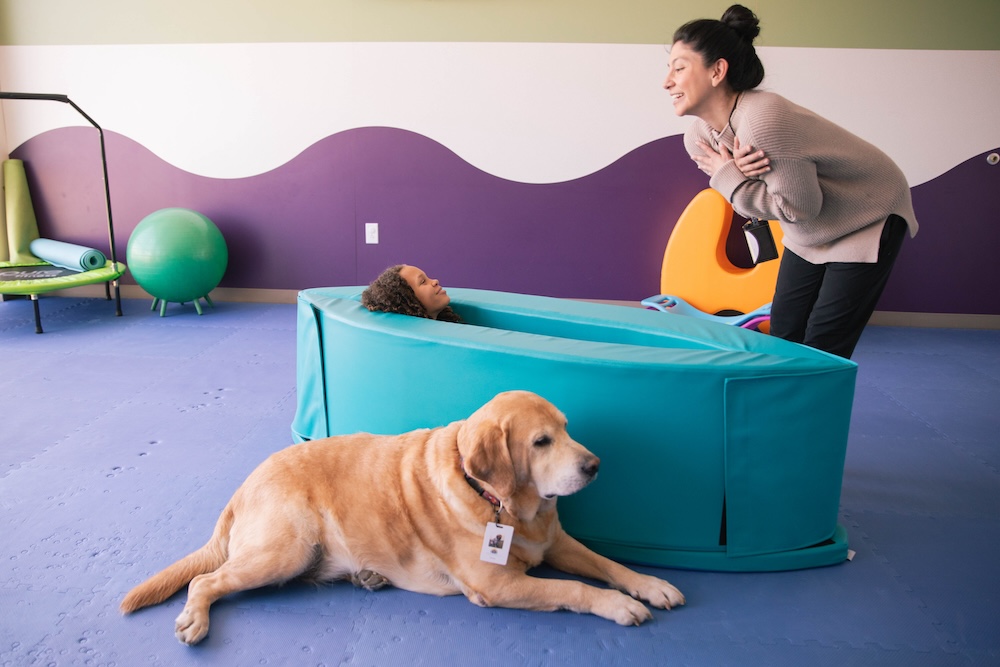

Therapeutic Services
The Center for Child Protection is the nation’s first children’s advocacy center certified in the Neurosequential Model of Therapeutics (NMT) through the Neurosequential Network.
This evidence-based practice approach helps us determine what support services and therapeutic interventions would be the most beneficial to a child and family’s healing, both within and outside of our walls. NMT provides our clinicians with the foundation to develop individualized treatment plans and to help teach caregivers how they can best support their child’s healing.
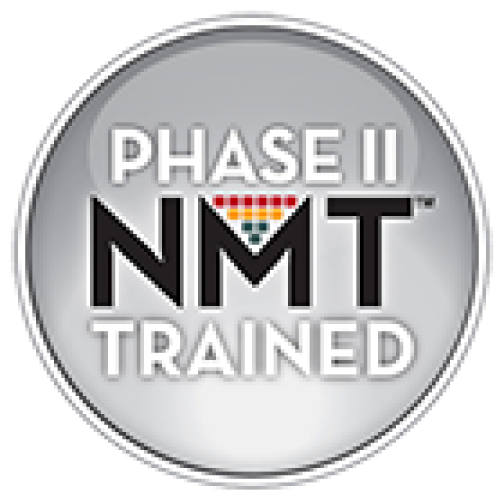
- All therapy services are free of charge and offered in both English and Spanish
- Free childcare is available during any service provided at the Center
- The Center does not provide services to any person accused, charged, or convicted of a sexual crime
- To receive therapy services at the Center, the family must have a confirmed case within the civil and/or criminal system.
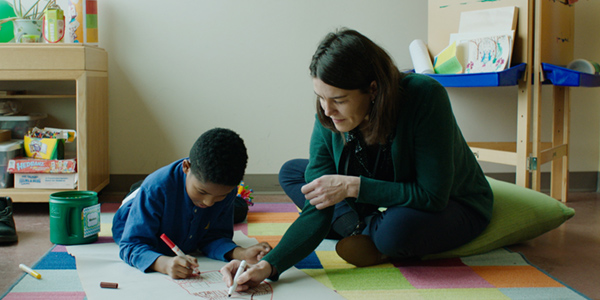
Individual Therapy
The Center for Child Protection utilizes several evidence-based interventions and can provide therapy services in both the short-term and the long-term.
These interventions include the Child and Family Traumatic Stress Intervention (CFTSI), Trauma-Focused Cognitive Behavioral Therapy (TF-CBT), and Eye Movement Desensitization and Reprocessing (EMDR). Treatment is formulated based on various assessments and viewed through the lens of the Neurosequential Model. Throughout the course of treatment, progress is measured, and treatment plans are adjusted based on client needs. In addition to these services, the Center has a facility dog on-site that provides animal-assisted therapy. The Center also employs sensory, art, music, trauma-sensitive yoga, and relationally rich activities to further the healing process.
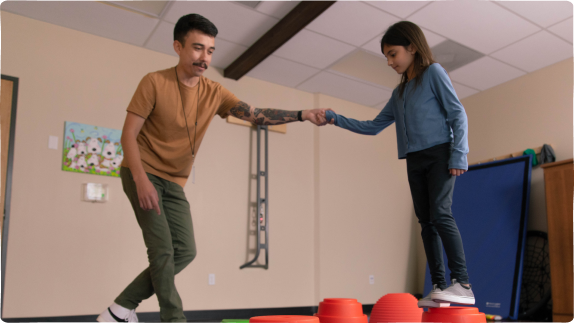
The Center offers therapy services to children, adolescents, and adults who have been impacted by the actions of others. We provide individual and family therapy to clients based on assessment and need.
Throughout the year, the Center provides children and families with opportunities to participate in experiential groups. These groups include the annual Fun Run in the spring, Summer Theater in the summer, and Iron Paws on the Center’s low-element ROPES course.
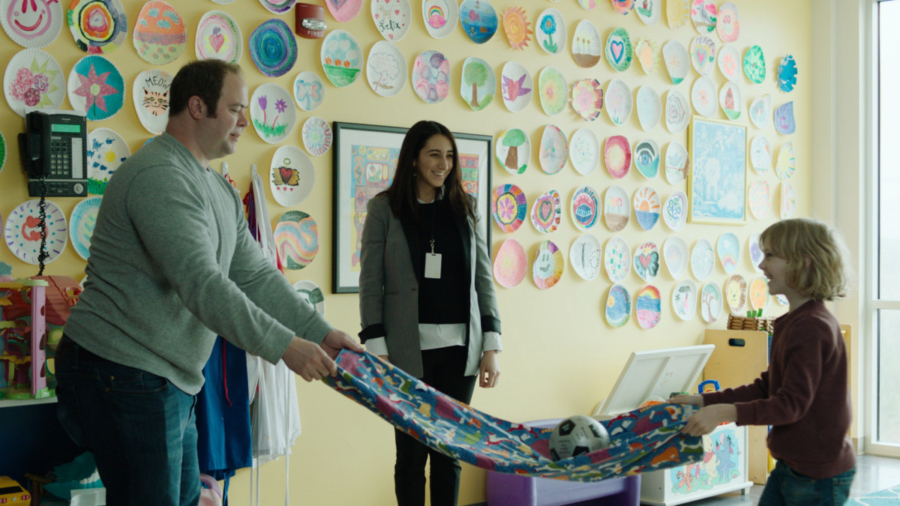
Family Relational Therapy
Family Relational Therapy was evaluated by the Texas Institute for Child and Family Wellbeing through the University of Texas Steve Hicks School of Social Work research program and was deemed a promising practice. Caregivers and children who participated in this study experienced improved social support, enhanced caregiver knowledge and decision-making, reduced family violence, decreased substance abuse issues, lower parent stress, improved family dynamics, well-being, safety, and fewer confirmed maltreatment allegations following the completion of services.
This intervention consists of a combination of psychoeducation, exploration of family dynamics, and regulation and relational-based activities. Family Relational therapists work directly with the parent and child, either in the home environment or during DFPS visitation. They are trained in sensory-based interventions and experiential therapy modalities, following the core concepts of the program specifically geared toward mitigating risks associated with child abuse and neglect.




